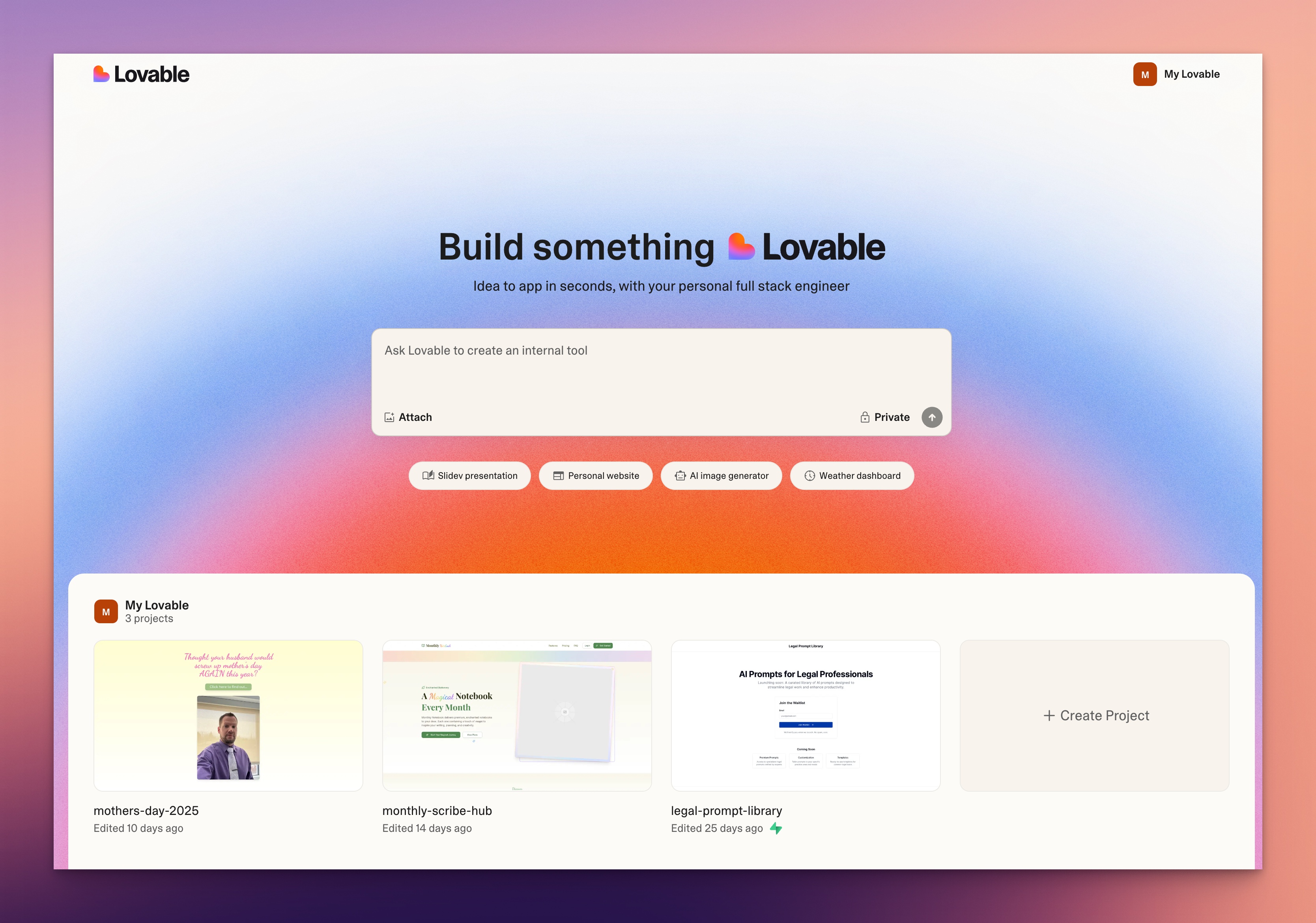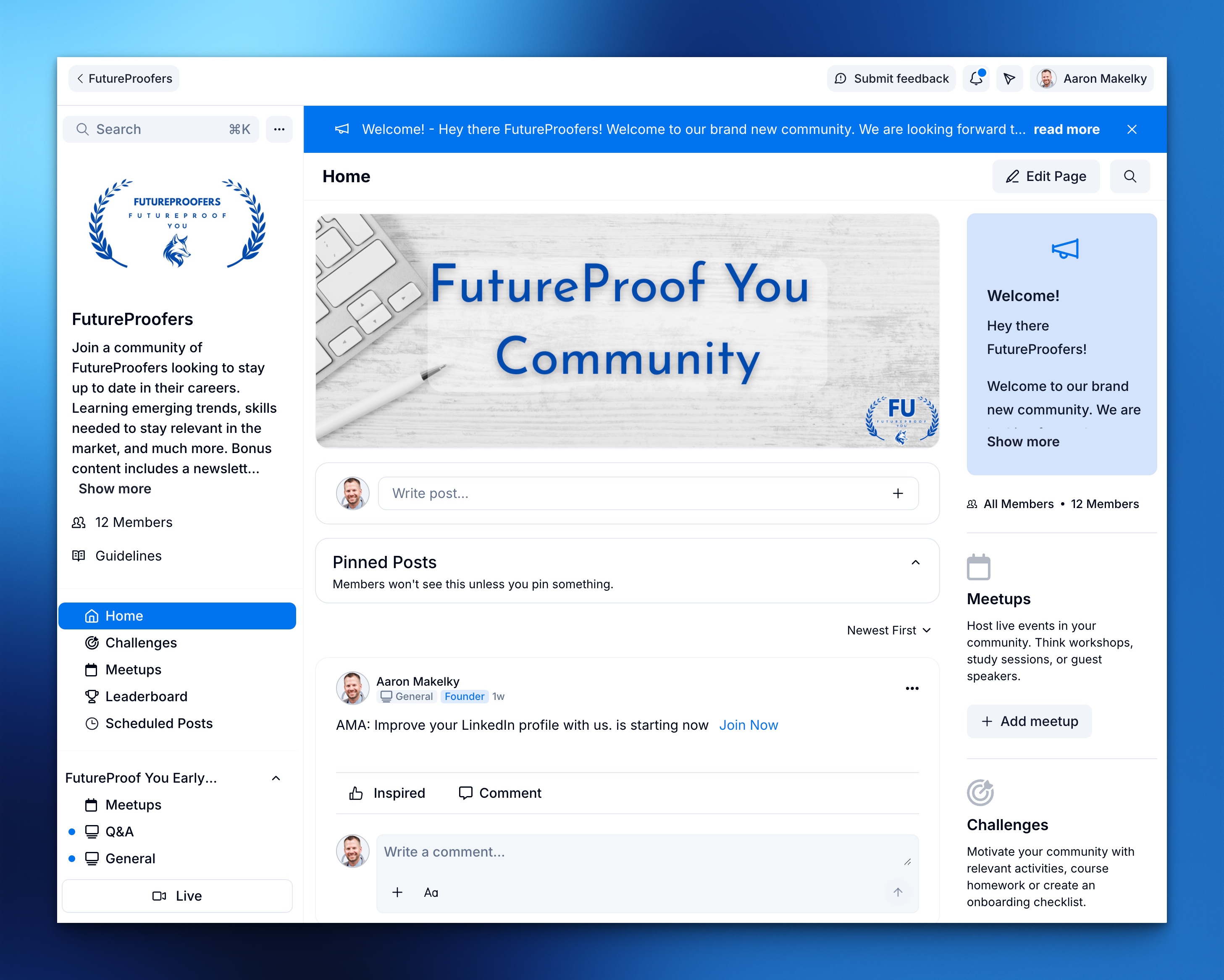Jobs of the Future
May 21, 2025
Navigating the Future of Work: Emerging Roles in the AI Era
In today's rapidly evolving job market, we're witnessing the emergence of positions that didn't exist just a couple of years ago. As businesses adapt to technological advancements, particularly in AI, new roles are being created to bridge gaps and leverage these innovations effectively.
Listen to the FutureProof-You podcast version of this discussion:https://share.transistor.fm/s/d74e2abf
Watch the FutureProof-You YouTube video version of this discussion: https://youtu.be/ljVS3AIH7cY
The Rise of New Leadership Positions
The business landscape is transforming at lightning speed, creating entirely new career paths. One such role is the Chief Automation Officer (CAO), a leadership position focused on identifying where AI can enhance business operations. As Aaron Makelky explains: "I've seen companies that have hired for formal positions called Chief AI Officer, where they're going to bring somebody in. It's a leadership role, and you're going to figure out where AI overlays into the business and the operations."
These professionals implement AI tools by connecting disparate systems, such as CRMs and payment processors, which eliminates manual data transfers and creates seamless workflows.
Generative AI Associates: A New Career Path
Another emerging role is that of Generative AI Associates. John Lovig describes these positions as perfect for English majors and linguists who excel at:"Writing for AI, correcting prompts and responses... annotating images, things like that. I think one of the images that on their assessment was like a cow with a veil on. They had to describe that."
While "prompt engineering" terminology is fading, the need for people who can effectively communicate with and train AI systems is growing. These roles extend beyond just English, encompassing various languages and even code correction.
AI Curation in Specialized Fields
In the medical field, professionals are transitioning from practice to curating AI-generated content. Aaron Makelky shares an example:"A medical provider left practicing medicine to work for a textbook company. The role is: we AI generate the copy and the text. You are the human in the loop who makes edits and checks off."
AI generates the initial copy and text, which these specialists then refine, fact-check, and ensure is accurate before it is published.
The "Vibe" Revolution in Tech and Marketing
One fascinating trend is the emergence of "vibe coding" and "vibe marketing." These approaches allow non-technical professionals to create sophisticated outputs through natural language prompts.
Aaron Makelky explains: "In the tech space... vibe coding and vibe marketing is a thing. You can now code in English by just saying, 'I want a website that looks like this and has these colors and this section here,' and you put that into an AI code assistant."
Popular tools like Cursor, Windsurf (recently acquired by OpenAI), Bolt, and Bubble enable people to code using English rather than programming languages. Similarly, in marketing, professionals can create entire campaigns based on "vibes"—dropping in screenshots of designs they admire and having AI generate prototypes that match their vision.

Ethical Considerations in the AI Era
With these advancements come complex ethical questions. As companies implement AI solutions, they need professionals who can navigate the ethical implications. John Lovig raises important concerns:"AI seems very well poised to replace a lot of entry level roles, and then the question becomes, if we don't have entry level roles anymore, what's entry level? How do people get experienced to become the person who oversees the AI?"
The role of AI ethicists is becoming increasingly important as organizations grapple with questions about transparency, authenticity, and the potential for manipulation. These specialists help establish guardrails and ensure responsible AI implementation.
The Human Element in an AI World
Despite these technological advances, authenticity remains crucial. Dan Yu emphasizes: "It goes back to being authentic. And the authenticity... might not be able to be copied by an AI. And ultimately we're all about authenticity and being present."
This sentiment is echoed by Aaron Makelky, who suggests that the ability to leverage AI actually insulates professionals from being replaced by it:"Ironically, one of the things in the legal circles I've been in, this is the one that comes up all the time. Your ability to leverage AI insulates you from being replaced by it. So there's this weird relationship of... you can come into a company and show them the AI version of the thing, you're the last one who would get replaced. But conversely, if you're the person who goes, 'I do everything manually. I don't use any of that,' you're probably the first one on the chopping block."
Building Your Personal Brand in the AI Era
The barrier to entry for new fields has never been lower. If you want to transition into a new role or industry, creating content around it is key. As Aaron Makelky notes:"If you wanna be a product manager, but you're an English teacher, it's never been a lower barrier to entry to do that. And one of the requirements is you have to be creating content around it."
Dan Yu suggests attending conferences and writing about what you learned, tagging speakers to create authentic connections. This approach helps you network through ideas, becoming what Malcolm Gladwell calls a "super connector" of people and ideas.
The Power of Algorithms in Career Development
One of the most powerful aspects of content creation is how algorithms connect your work with interested audiences. Aaron Makelky explains:"There's an algorithm, a math equation designed to find the people who actually want to see that thing. And all you have to do is let it loose. It's like putting an envelope in your mailbox without an address and be like, 'find the 10 people who'd most wanna read my letter' and it magically went to them."
John Lovig adds that it's "like you have a matchmaker in the middle of a networking event" connecting you with people who share your interests.

Taking Control of Your Future
The job market may be volatile and uncertain, but that doesn't mean you can't prepare for it. By staying informed about emerging roles, developing transferable skills, and actively building your personal brand, you can position yourself for success regardless of how the landscape shifts.
Networking isn't solely about meeting people; it's also about linking valuable ideas to them, establishing yourself as a source of insightful information.When you bring more of yourself, your personality, and your unique perspective to your professional presence, you create a brand that stands out even in a world of AI.
What are your thoughts on these emerging roles? Share your insights and experiences in the comments below!
Do you need help taking control of your career today? Message us on LinkedIn!
Sign up for one of our courses here!
Stay connected with news and updates!
Join our mailing list to receive the latest news and updates from our team.
Don't worry, your information will not be shared.
We hate SPAM. We will never sell your information, for any reason.

